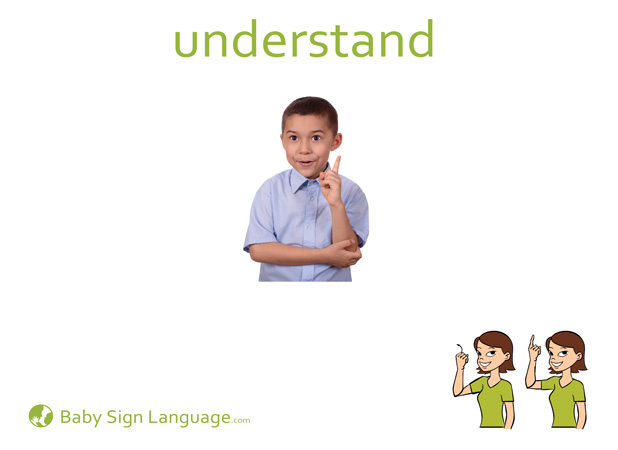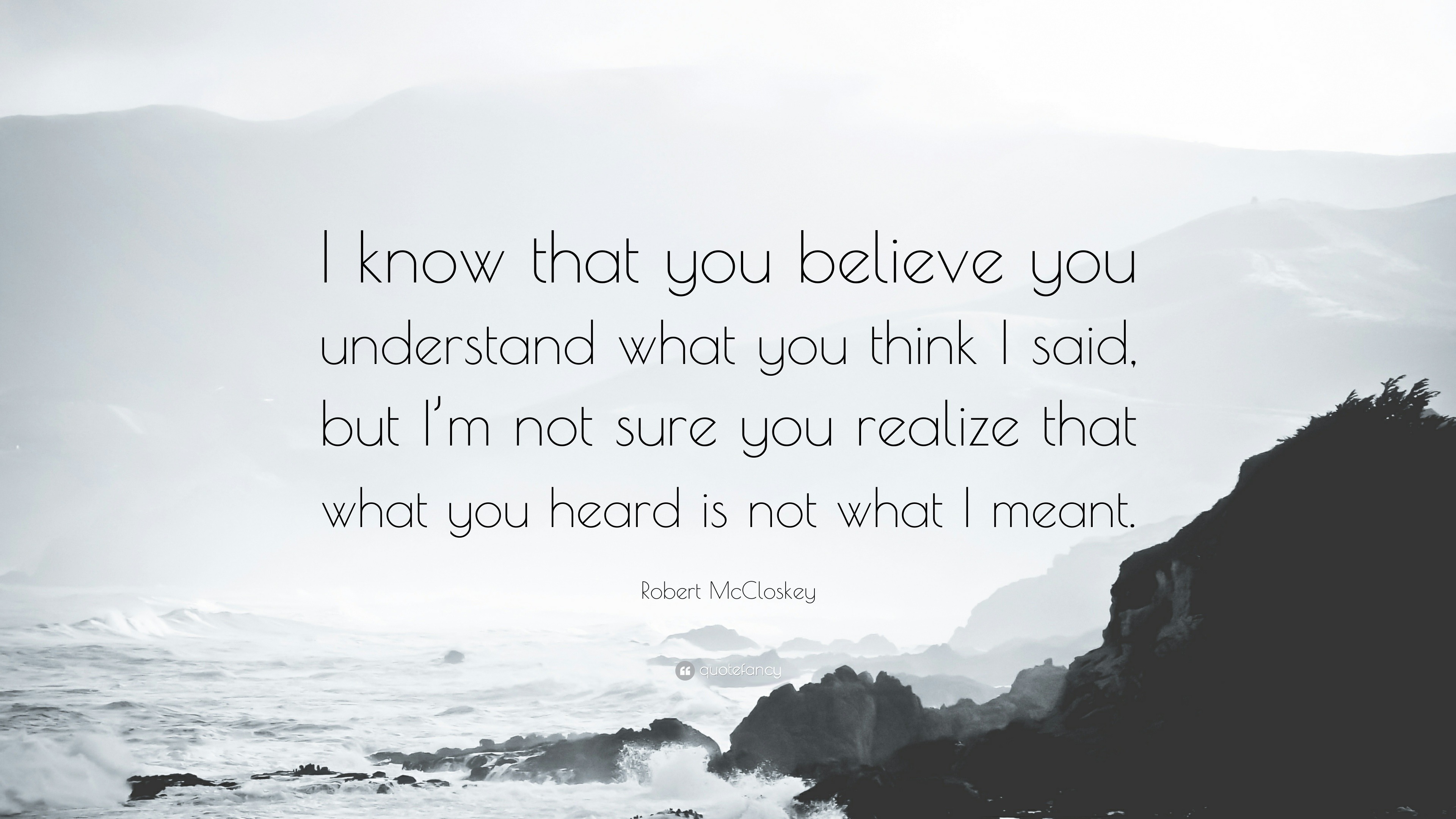

You can change the way the site works to fit your learning style as you read and learn from almost any text passage or web page. Learn the way you want-from what you want to read. I used to hate and avoid carefully reading English. I used to loathe and eschew perusing English. "I used to loathe and eschew perusing English." Want to see something now? Click Classic Literature at the top and start reading-easier. Our amazing Rewordifying Engine is what makes it all possible, and no other web site has it. You can change how the highlighting works to match the way you learn!ĭo you dislike dictionaries because they're confusing and unhelpful? You'll love 's clear, easy-to-understand definitions-they change to match the original word or phrase's part of speech, verb tense, and singular/plural form, so they make sense. The reworded words are highlighted- click them to hear and learn the original harder word. (You can also enter a web site URL.) Click Rewordify text and you'll instantly see an easier version, for fast understanding. Enter hard sentences (or whole chapters) into the yellow box at the top of the page. The extremely hungry crowd ran toward the delicious food, which the chef had extremely well organized (into rows) on the table. I can’t make head nor tail of what you’re saying.The ravenous throng scampered toward the delectable viands, which the chef had impeccably arrayed on the table.Here we take a look at three that you might use if you wanted to find a more creative way of saying something that sounds complicated, unclear or difficult to understand. Idioms are sayings particular to their language of origin. I don’t get it… not a question but a statement, meaning simply ‘I don’t understand’.You what? – this is more common in the United Kingdom.Say what? – this is particularly American English.Hmm? – a sound used when you are a bit more absent-minded or maybe not listening so hard.Eh? – a sound usually used to communicate that it is difficult to hear/decipher someone.What? – sometimes this can seem aggressive, be careful!.Huh? – not quite a word but a sound careful how you use it as it can sound rude as a sound is more commonly associated with ‘I don’t get it’ or ‘I don’t understand’ rather than ‘I can’t hear you’.‘Scuse me? – a more casual version of ‘excuse me’.Sorry, what? – useful for not recognizing the sound you heard.Sorry? – most useful for when you simply didn’t hear.These are more common, casual, conversational ways to ask someone to repeat themselves, or communicate your lack of understanding. Could you repeat a little louder, please?

Excuse me, could you repeat the question?.These sentences will help you when you don’t understand something even though you have heard it. These short phrases are polite ways to communicate that you didn’t hear or don’t understand something in the English language. Here is the EF English Live guide to helpful phrases and words to use when you’re not quite sure what someone is telling you… Formal Accents, speed, slang and idiomatic variances can mean we feel very lost – almost as if the other person isn’t speaking English at all. In the classroom, be it online or in a school, someone is at hand to listen, to support, to test you and shape your learning.īut how can you make sure you understand what’s going on once you go out into the world and begin to practice your English? Often as we begin to practice our new-found language skills, we realize that the way words sound in conversation can be very different from how we learned originally. However, the area where your learning becomes most crucial is when it finally gets put into practice – not just in the classroom, but in real life.


 0 kommentar(er)
0 kommentar(er)
